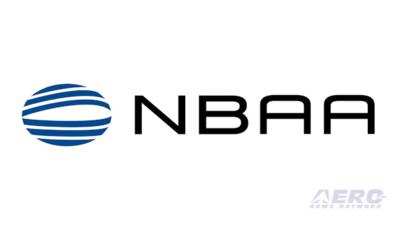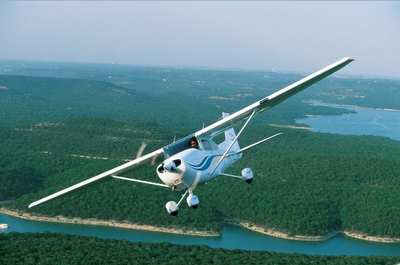Sat, Sep 03, 2022
G100UL Availability and Distribution Uncertain
Content to share the warm green glow of 21st Century environmental activism, NBAA President Ed Bolen welcomed the FAA’s issuance of a supplemental type certificate (STC) allowing use of a new unleaded fuel, G100UL, in piston-engine aircraft.

Mr. Bolan states: “We applaud the approval of G100UL for all piston-engine aircraft. It establishes a framework for other fuel producers to follow as the industry aims for a more sustainable future. NBAA members use a wide range of aircraft, including piston-engine aircraft, to meet their business needs, and this decision by the FAA offers them a safe, lead-free fuel option.”
The NBAA—in keeping with progressive dictates and its own keen sense of favorable optics—has allied itself with the Eliminate Aviation Gasoline Lead Emissions (EAGLE) initiative, a government-industry partnership that seeks to to eliminate the use of leaded aviation fuel by the end of 2030 while maintaining the safety and reliability of the extant piston-engine fleet.
Initially certified in 2021 for use in Cessna’s ubiquitous 172, G100UL steadily garnered approval across a variety of piston-engine aircraft models. The FAA’s bestowing of type certification for the use of the fuel throughout the entire piston-engine fleet marks a significant milestone in the EAGLE program’s advancement toward its goal of diminishing aviation’s carbon footprint by accelerating the widespread use of leaded-fuel alternatives in piston-powered aircraft.

The development of G100UL entailed 12-years of research and testing. Type certification validates the resources and effort invested over those years and denotes the FAA’s determination that engines and aircraft operating on G100UL will remain compliant with the airworthiness safety standard requirements of Part 23 and Part 33 for airplanes and engines respectively.
As the production infrastructure of G100UL must yet be brought to scale, and supply chains for the stuff established, it remains unclear when the new fuel will be made widely available. In the interim, additional replacements for 100LL developed by concerns other than General Aviation Modifications Inc. are being aggressively developed and tested in preparation for the rigorous supplemental type certification process
More News
From 2014 (YouTube Version): Innovative Aerodynamic Technologies Produce Game-Changing Results At the NBAA 2013 convention, ANN CEO and Editor-In-Chief, Jim Campbell had a chance t>[...]
“This plan opens insurance options to a much wider variety of Canadian aviators across the country who have otherwise had more challenges with securing insurance coverage... >[...]
Taxi The movement of an airplane under its own power on the surface of an airport (14 CFR section 135.100 [Note]). Also, it describes the surface movement of helicopters equipped w>[...]
Aero Linx: The Vertical Flight Society (VFS) The Vertical Flight Society, formerly the American Helicopter Society, is the non-profit technical society for the advancement of verti>[...]
Also: Sustainable Aircraft Test Put Aside, More Falcon 9 Ops, Wyoming ANG Rescue, Oreo Cookie Into Orbit Joby Aviation has reason to celebrate, recently completing its first full t>[...]
 Classic Aero-TV: Active Winglets -- Tamarack Aerospace Partners with Cessna
Classic Aero-TV: Active Winglets -- Tamarack Aerospace Partners with Cessna Aero-News: Quote of the Day (05.03.25)
Aero-News: Quote of the Day (05.03.25) ANN's Daily Aero-Term (05.03.25): Taxi
ANN's Daily Aero-Term (05.03.25): Taxi ANN's Daily Aero-Linx (05.03.25)
ANN's Daily Aero-Linx (05.03.25) Airborne 05.02.25: Joby Crewed Milestone, Diamond Club, Canadian Pilot Insurance
Airborne 05.02.25: Joby Crewed Milestone, Diamond Club, Canadian Pilot Insurance




